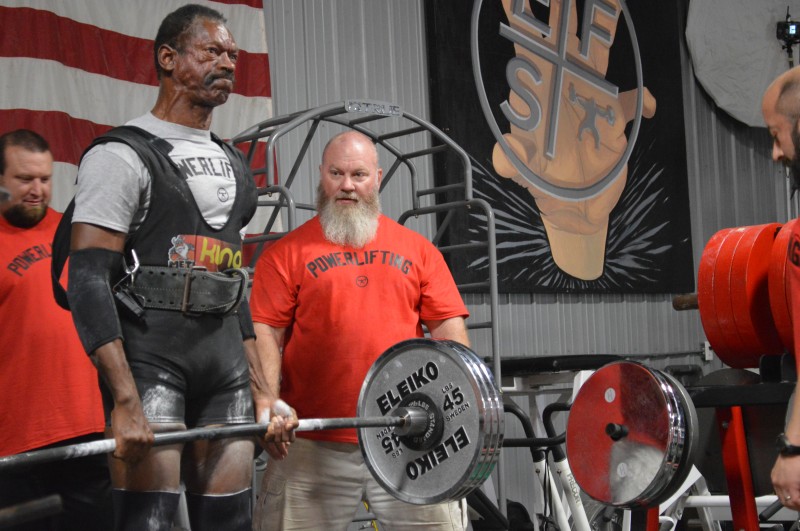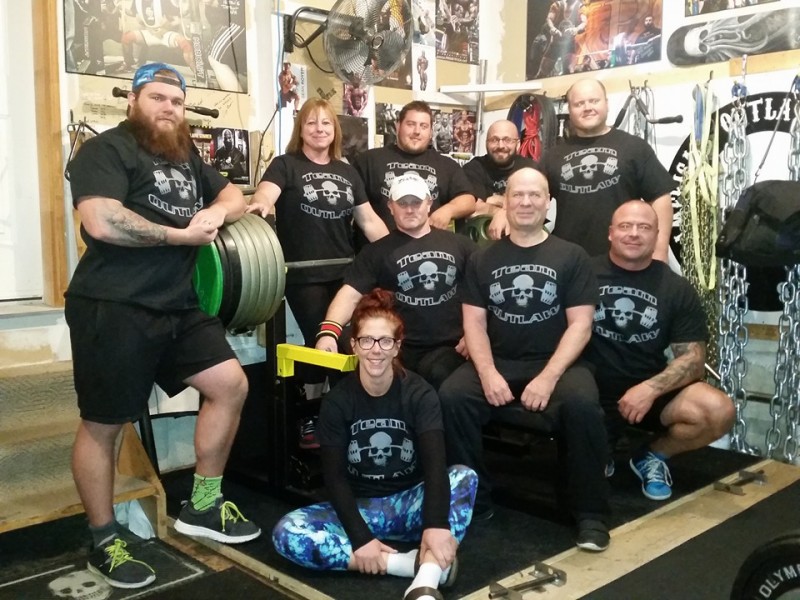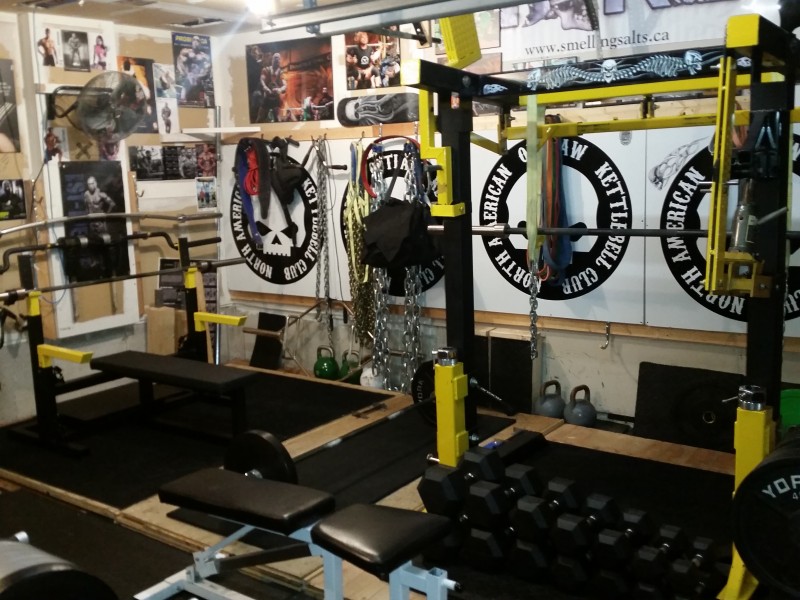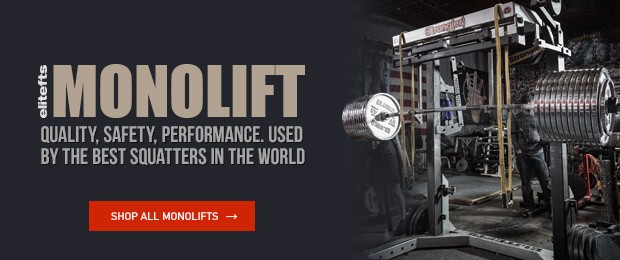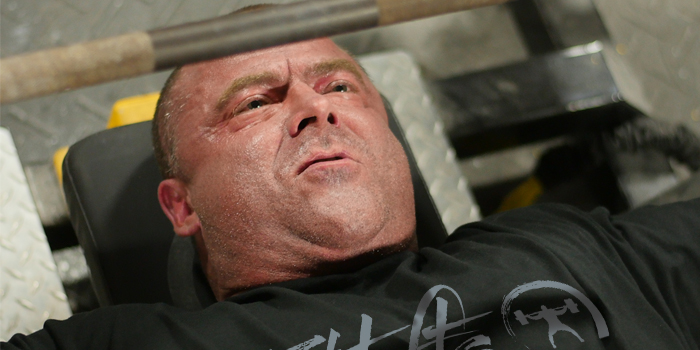
There is an endless line of people who claim to be the best self-proclaimed coaches available in the powerlifting circles. Online training programs, periodization, conjugate methods, volume training — it’s a never ending list that goes on and on. How do you know if you have a good coach or not and if he/she is doing everything for you to improve your lifting and your numbers?
Firstly, in my opinion, writing a lifting program for somebody and emailing it to him or her for guidance doesn’t fit the category of coaching. If your client follows your program to the letter but their lifting technique is terrible, how do you expect them to progress?
For me, the term “coaching” means working hands-on with someone to continuously tweak their technique to make them as technically efficient as possible. Lifting technique should be a number one priority and in most cases I don’t see many coaches addressing this issue, probably because they don’t understand the proper mechanics of each particular lift. People continue to lift with poor technique hoping to improve by following a particular set and rep scheme and it just doesn’t work. They continue to struggle and don't progress.
RECENT: Powerlifting Meets: The Good, The Bad and The Ugly
A perfect example of the importance of proper technique is the most recent Elitefts Powerlifting Experience at the S4 compound. Approximately eighty lifters attended and spent the day being coached by over thirty elitefts team members. Anytime one of the participants got a personal best, it was marked on the whiteboard. At the end of one day, working on the big three lifts, there were over 100 personal best. In the closing presentation, Dave Tate asked an open question: “We have over 100 PR’s here today. Who thinks they got stronger in one day?”
The lesson is that nobody at the seminar got significantly stronger in one day. The reason everyone improved their max effort lifts and hit new personal bests was because they were able to make adjustments to improve their lifting technique.
Technique, technique, and technique should be the foundation and pursuit of every lifter. Technique is an ever-ongoing quest. The better your technique, the more you will be able to lift.
If a golfer is uncoordinated and hits a thousand balls a day while never improving the mechanics of his golf swing, he’s wasting all his time hitting a thousand balls a day. You will be able to advance only minimally in powerlifting if you never address poor technique issues.
If you have an online coach that you can communicate with on a regular basis and send lifting videos for his/her constructive criticism, it will be better than just following a written program, but is still not optimal. In my opinion, to properly coach an athlete, you need to work with that athlete personally on a regular basis. A good coach should be able to have a great eye for picking out small technical flaws or mechanical issues that you have while lifting and give you either a verbal cue or a visual reference to ensure his lifter is developing in a progressive manner. A good coach will help you prepare mentally for a competition, attend the competition with you to ensure your head is on straight, you are in the proper mindset, and keep you focused during both your training and your competition. Your coach is the person you are directly accountable to for ensuring you are doing everything correctly to progress.
Most readers are probably thinking, “Sure it would be great to have a personal coach to get me dialed in and get ready for a meet but I don’t have anyone available in my area who offers what I need, and if they were I can’t afford it.”
What is the next best option if you want to progress? Team training.
Team Training
If you can find a gym in your area that has some good lifters who are serious about lifting, it’s one of the best things you can ever do to help you progress. You may not have a personal coach on site, but in a team environment you have several coaches who are watching your lifts and are able to give you advice, input, or feedback on a number of endless issues:
- Not pushing your knees out
- Not sitting back in your squat
- Knees are coming forward
- Not keeping your back tight
- Leaning forward at the bottom of your squat
- Not tucking on your bench
- Shoulders coming forward while benching
- Not keeping your lats tight
- Tucking too much
- Not flaring your elbows
These are just a few examples of some common issues most lifters experience. Having feedback from experienced lifters, especially in a team environment, is invaluable. Everyone is there to get better personally, and help everyone on the team get better. It’s awesome to have the support of all your teammates when you are training and when you compete.
MORE: Building A Great Lifting Crew — Advice for Hardcore Lifters
Personally I feel extremely fortunate. I’ve had the opportunity to have Todd Brock as my coach and he has become an incredible friend. Todd trained at Westside for twelve years and has been a wealth of knowledge and has helped me tremendously. Even though he lives in Alabama and I live in Canada, we talk several times a week. He analyzes every training video I send, makes suggestions, tweaks, and adjusts training to fit into my screwed up work schedule.
In addition to having Todd’s help, we have a team of lifters that we train with at our Outlaw gym. The Outlaw gym is in our garage and has everything we need: monolift, competition bench, GHR, Reverse Hyper, Belt Squat, Lat Pull down machine, deadlift platform, dumbbells, kettlebells, tons of great bars, bands, chains, and a kick ass stereo. We have at least eight regular team members who train with us on a consistent basis and always have other guests who train periodically. Most of our team travels sixty to ninety minutes each way on training nights. We have a variety of raw and equipped lifters both male and female. Our team training has been beneficial to everyone and none us would be doing as well as we are without our team. Sheri and I are also very fortunate to have team elitefts as a resource for great equipment, coaching and training.
If you’re looking for a coach, seek out someone who has a great track record, who has competed, and is genuinely interested in inspiring you and helping you to progress. Ask questions such as who they’ve coached, what is their coaching philosophy, what do they take into consideration when setting up their training template, and what they think they can do for you. There are a lot of people who claim to be great coaches who aren’t. Be selective because if you do find that one person who you “click” with, they can help you tremendously. It’s a two-way relationship. You can go on a lot of dates, but when you find “the one,” you’ll know it!
If you have a coach, are you really getting what you need?










